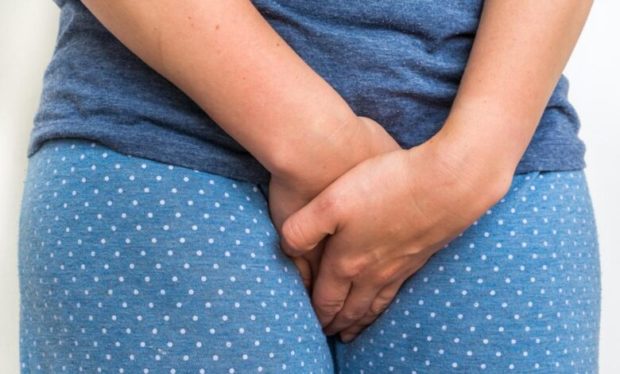Some people must visit the bathroom quite frequently throughout the day. Even if it occurs rather frequently, it is still possible that it is a sign of one of many different diseases. Even if you start to feel better, you must continue to schedule appointments with your primary care doctor. This will make it possible for your primary care physician to perform routine examinations on you.
1. Diabetes in Infants and Children: Early Signs and Symptoms.
Today, one of the diseases with the highest prevalence in the entire world is diabetes. Both developed and developing nations must adhere to this. It is characterized by excessive blood sugar levels, which are caused by a lack of the hormone insulin, which is important for blood sugar regulation. High blood sugar levels are a sign of diabetes. Additionally, the illness can be brought on by immune cells that do not typically react to insulin.
An increased desire to use the restroom more frequently than usual is a characteristic symptom of this disease because the body is trying to get rid of the additional sugar that is present in the blood. This is the first sign of diabetes and can occur in both type 1 and type 2 diabetic people.
2. Interstitial cystitis-induced bladder inflammation.
This condition is characterized by recurrent bladder muscle inflammation, which causes the bladder to feel tight and uncomfortable. Interstitial cystitis is another name for this illness. Compared to men, women are more likely to be impacted. It is caused by a condition whose root cause is unknown, but which exhibits symptoms like the desire to frequently urinate at any hour of the day or night. This condition is brought on by a deeper problem.
3. Infection of the urinary tract.
This condition is characterized by inflammation of the bladder and/or urethra, which manifests as a burning sensation when urinating, a strong urge to urinate, and occasionally back pain. The signs of this condition are brought on by inflammation of the urethra or bladder. The most frequent cause of this illness is bacteria that have entered the bladder after passing through the urethra.
4. Urinary leakage from the bladder.
There are several causes of urinary tract incontinence, but some of the most frequent ones are pregnancy, obesity, and menopause. It is characterized by an uncontrollable pee flow, which can happen as a result of heavy lifting, coughing, or other activities. Most cases can be successfully treated with either physical therapy, medication, or surgery.
5. Prostate hyperplasia that is not cancerous (BPH).
An enlarged prostate is a symptom of the condition known as benign prostatic hyperplasia. Both men and women are susceptible to this disease. Some users of this medicine may experience urinary retention and/or incontinence. Additionally, it could result in a greater need to urinate frequently and a burning sensation when doing so.
 Home Of Ghana News Ghana News, Entertainment And More
Home Of Ghana News Ghana News, Entertainment And More




